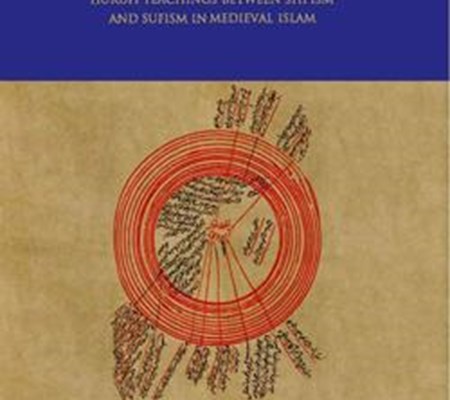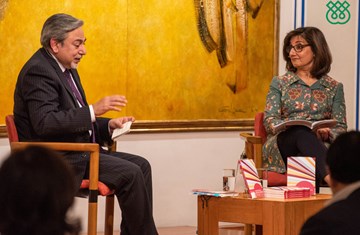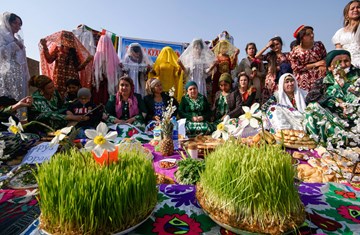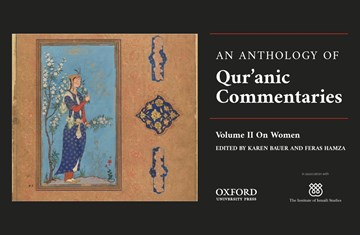IIS Publishes a Monograph on the Hurufis

Words of Power, part of the Shi'i Heritage Series.
The IIS is pleased to announce the publication of Words of Power – Hurufi Teachings Between Shi‘ism and Sufism in Medieval Islam by Dr. Orkhan Mir-Kasimov.
Words of Power, which is the third publication in the new Shi‘i Heritage Series, brings together in one volume, the biography of the founder of the Hurufi movement, Fadl Allah Astarabadi (d. 796 AH/1394 CE), the history of the Hurufiyya (letterists), and an analysis and contextualisation of Astarabadi’s great work Jawidan-nama-yi kabir (the Great Book of Eternity).
The mystical and messianic current that was to become particularly active in Iran and Anatolia following the Mongol invasions, is still largely under-studied. Words of Poweris the first comprehensive study of one of the seminal texts belonging to that current – the Jawidan-nama-yi kabir, which became the foundational text for the Hurufis.
Fadl Allah was an original thinker, who creatively combined elements from various currents of Islamic religious thought, in particular from the Shiʿi and Sufi teachings, within his mystical and messianic doctrine. The theory of the ta'wil, a term that in the context of Fadl Allah’s works, can be translated as ‘ontological hermeneutics,’ constitutes the axis of his thinking.
This theory, as well as several other features of Fadl Allah’s doctrine, has close analogues in the works of Ismaili authors. Due to the central role attributed to the letters of the alphabet in Fadl Allah’s cosmogony and hermeneutics, his followers came to be known as the Hurufis, from the Arabic huruf, meaning ‘letters’.
The Hurufis left behind a rich cultural heritage. Their literature and doctrines were integrated into Alevi and Bektashi milieus of the Ottoman Empire, and the poetry of the Hurufi authors influenced the development of Azeri and Ottoman Turkish languages. “The longevity of Hurufi ideas and motifs is also evident in modern Turkish literature as, for example, in the work of Orhan Pamuk,” says the author.
The introduction to Words of Power surveys Fadl Allah’s biography and the history of the Hurufi movement, before exploring possible solutions to the ‘puzzle of fragments’ represented by the random composition of the Jawidan-nama. Parts One to Three present a detailed analysis of the Jawidan-nama’s contents, including cosmology, anthropology, prophetology and eschatology.
The conclusion contextualises the Jawidan-nama within Islamic intellectual history. Is the Jawidan-nama a work of Qurʾanic exegesis? Is it a Sufi work based on an original interpretation of Ibn al-ʿArabi’s ideas? Or is it a continuation of the Shiʿi Ismaili esoteric tradition of Alamut? The Jawidan-nama exemplifies the diversity and richness of the intellectual and spiritual traditions of Islam.
The Shiʿi Heritage Series of which this publication is a part, has been set up as an essential part of the publication programme of The Institute of Ismaili Studies. Works published in this series will include monographs, collective volumes, editions and translations of primary texts, and bibliographical projects, bringing together some of the most significant themes in the study of Shi‘i Islam through an interdisciplinary approach while making them accessible to a wide readership






